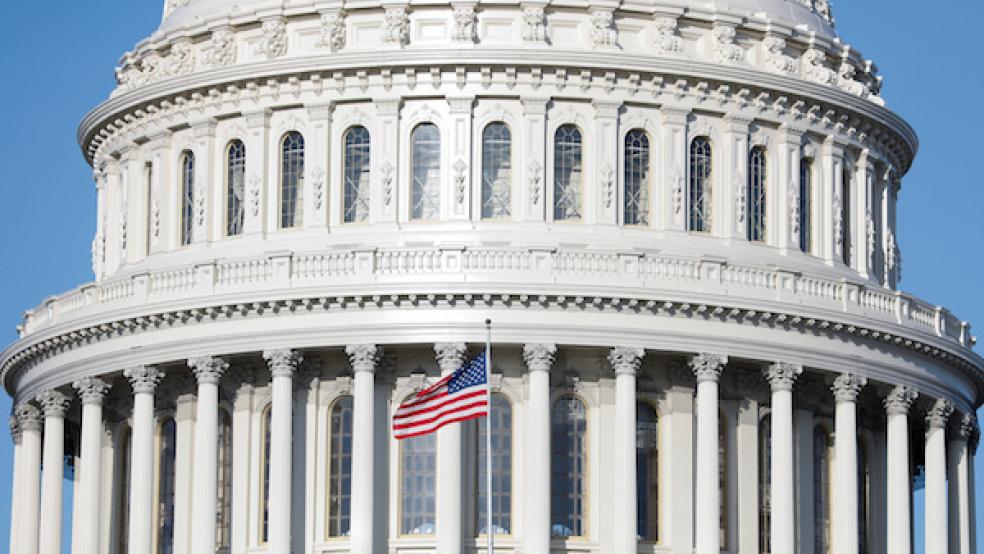The nation is being rocked by protests, grappling with endemic racial injustice and still struggling to cope with the ongoing coronavirus pandemic and its fallout. As disturbingly turbulent as the situation is, The Washington Post’s Jeff Stein and Erica Werner warn that the toxic stew of troubles now boiling over in city after city could be further catalyzed by a looming “fiscal cliff” that threatens to abruptly withdraw $1 trillion in emergency economic support provided by Congress to millions of Americans — or by the political battles surrounding the costly choices lawmakers face.
At the very least, the protests — and the political clashes they have sparked between the White House and Congress — could make it harder to avoid the fiscal cliff and address the difficult decisions it will force:
“Policymakers must decide in the coming weeks whether to extend emergency unemployment benefits for more than 25 million Americans. They face growing calls to provide billions of dollars in assistance for states and cities, even as President Trump increasingly feuds with governors and mayors. If lawmakers do not act, about $1 trillion in emergency federal aid used to stabilize the economy will disappear in the next quarter.”
Stein and Werner report that the federal government has pumped about $1.2 trillion into the economy since April, but that could fall to about $200 billion over the third quarter of the year, according to Michael Feroli, chief U.S. economist at JP Morgan. “The expiring aid risks creating a ‘fiscal cliff’ that, if not addressed by lawmakers, could arrest or reverse a rebound, economists say. White House officials and several Republicans have resisted pressure to approve more spending, but they are at odds over how to proceed, and the path forward is unclear,” Stein and Werner write.
Calls for more congressional action: “The violence, the anxiety that is taking place — we are naive if we think that it’s separable from the economic calamity we are in,” Darrick Hamilton, an economist and the executive director of the Kirwan Institute for the Study of Race and Ethnicity at Ohio State University, tells the Post. “Congress needs to do something to mitigate this pain — and at the very least not make it worse.”
Business groups also say Congress must act. “It’s important that Congress acted to support families and businesses as the economy came to a halt,” Neil Bradley, executive vice president of the U.S. Chamber of Commerce, says. “They can’t now leave it where they found it. They had to do step 1, that was critically important. They now need to do step 2 because that’s equally as important ... they can’t leave it where the bottom is, that’s not acceptable to anyone.”





